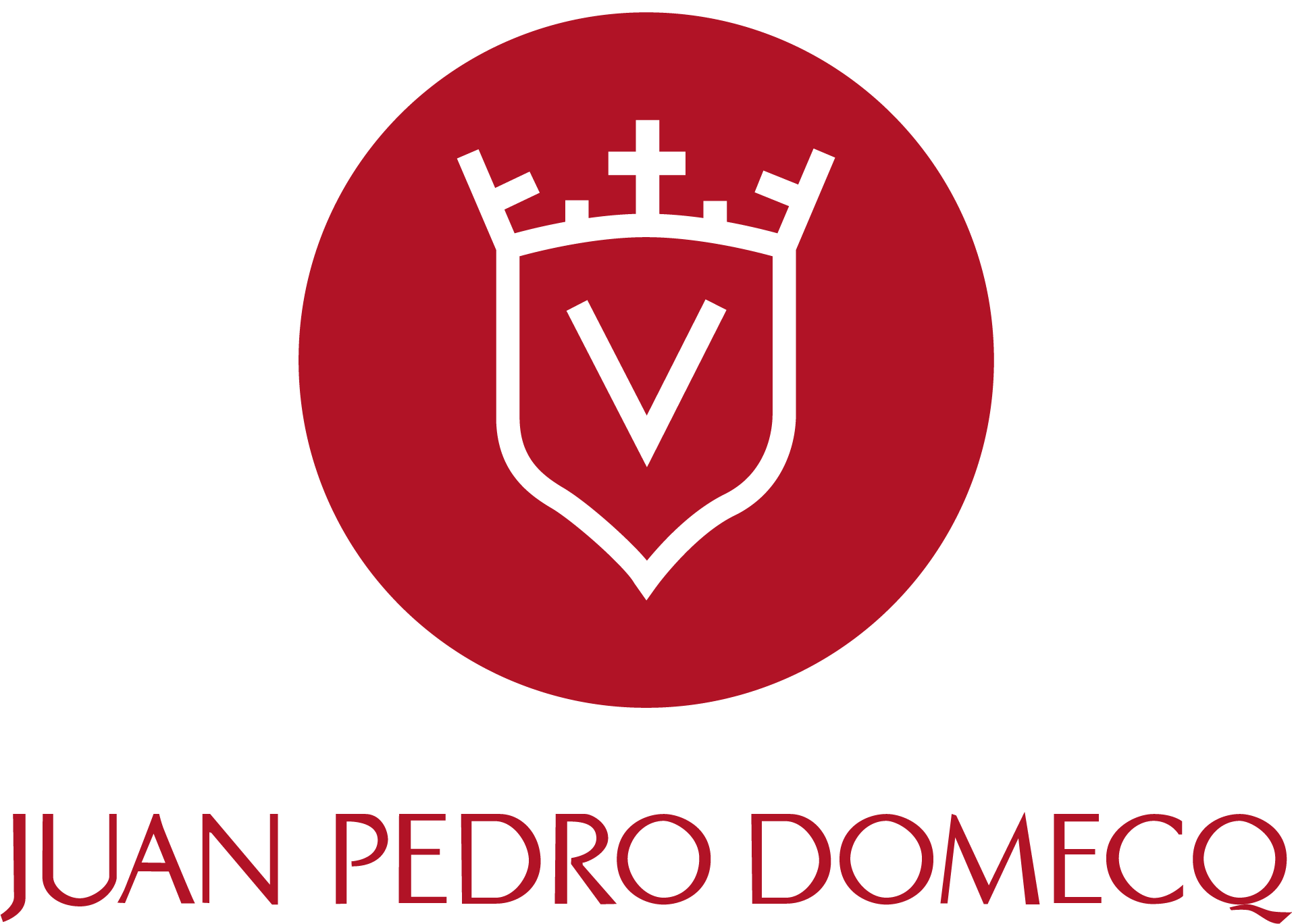Please enter your email address registered, we will send you a link to change it.

FAMILY HERITAGE
The Domecq family boasts a rich heritage in high-quality food and livestock production, dating back to 1730. Originally renowned winemakers in Spain. This expertise has been passed down through generations, a testament to their dedication to quality.
A HISTORICAL LEGACY
CENTURIES OF STORIES AND CUSTOMS
Their story began in 1730 when the Domecq family arrived in Spain. Their surname is related to excellent wine production, particularly sherry and brandy. Alongside their passion for winemaking, they developed a deep affection for raising livestock, especially 100% Iberian pigs.
In 1970, Juan Pedro Domecq Solís embarked on a journey to breed 100% Iberico pigs on his Sevillian farm in Lo Álvaro. Driven by a desire to create the most exquisite ham, he collaborated with Spanish universities to conduct extensive research. This collaboration resulted in the unique "100% Iberiaco hairless-marmelled pig" breed.
In 2000, Juan Pedro Domecq Morenés, his son, launched a high-quality product, drawing upon their extensive experience in raising Iberico pigs. Today, their products are enjoyed globally, from China to Mexico, Australia, Singapore, Thailand, the Caribbean, and across the European Union.
OUR OWN FARMIN AND LIMITED PRODUCTION
Our commitment to quality is evident in every step of our process. We raise our own 100% Iberico Mamellado-lampiño pigs, ensuring limited production to maintain the highest standards. These pigs are raised freely and naturally fed with acorns ("De Bellota"), contributing to the exceptional flavour of our ham.
OUR PROCESS, ARTISANAL AND TRADITION
Our ham production is a testament to traditional craftsmanship. We follow a three-step process: salting, curing, and testing. Our Master Salter, Juan José, meticulously salts each ham, ensuring the perfect balance of flavour. Daniel, our Master Ham-Maker, oversees the long curing process, treating each leg as a unique masterpiece. The curing takes an average of 42 months and can go up to 60. The final step, "Cala," involves puncturing the ham with a cow's bone to evaluate its aroma, guaranteeing only the finest quality ham reaches the market.
